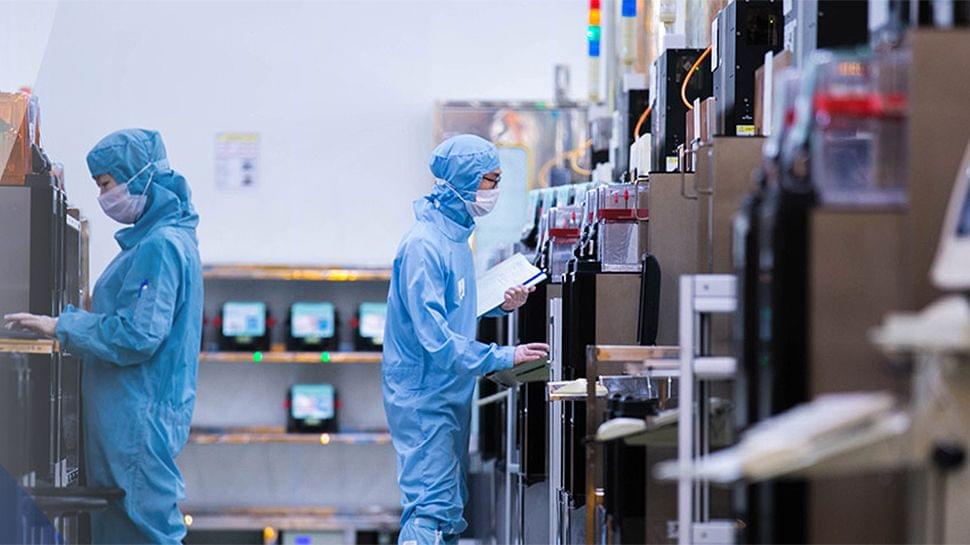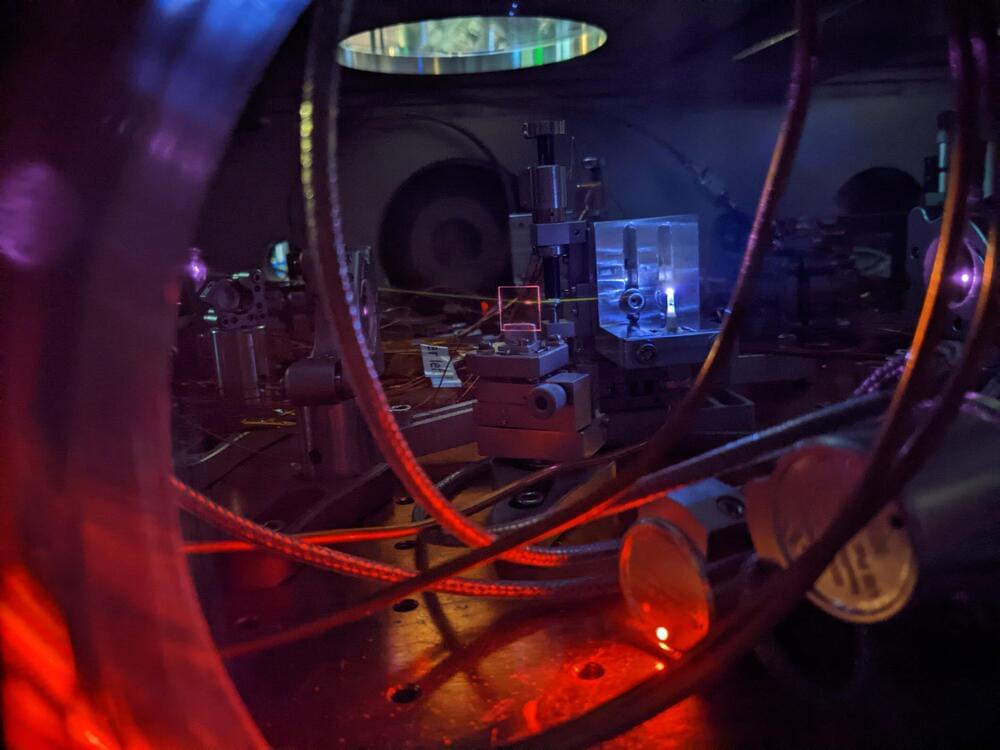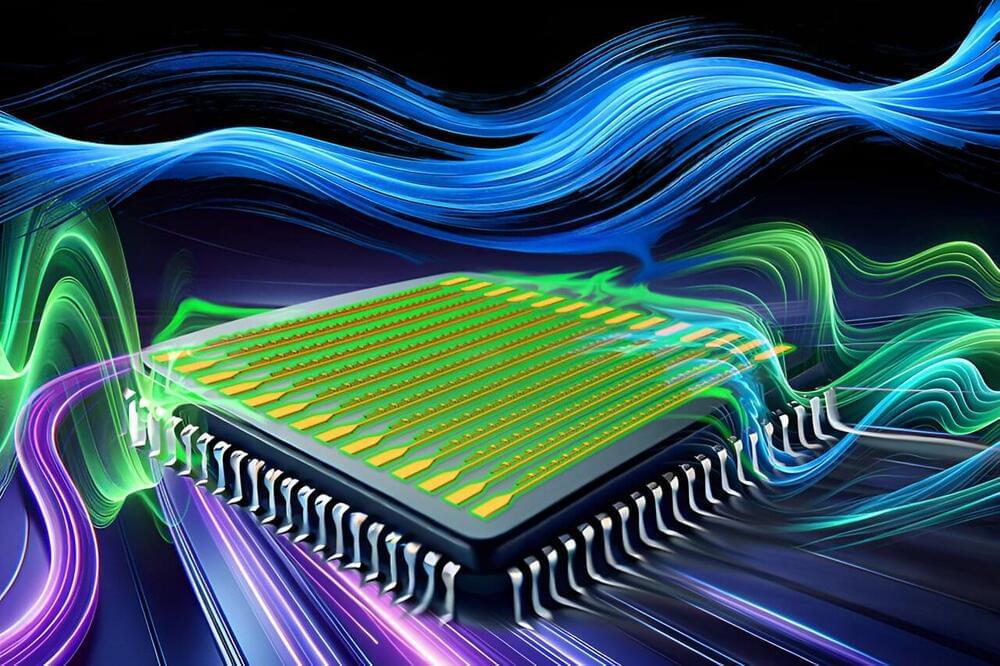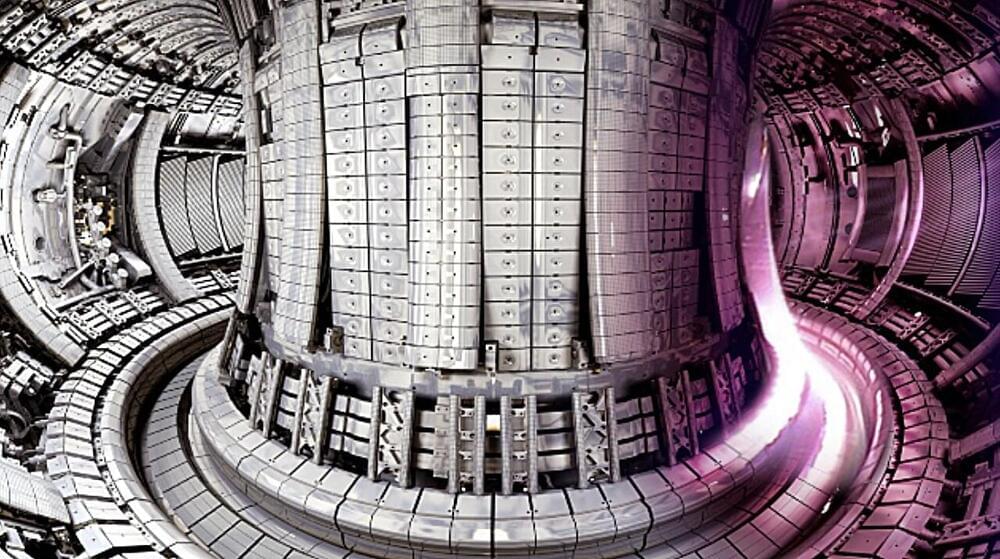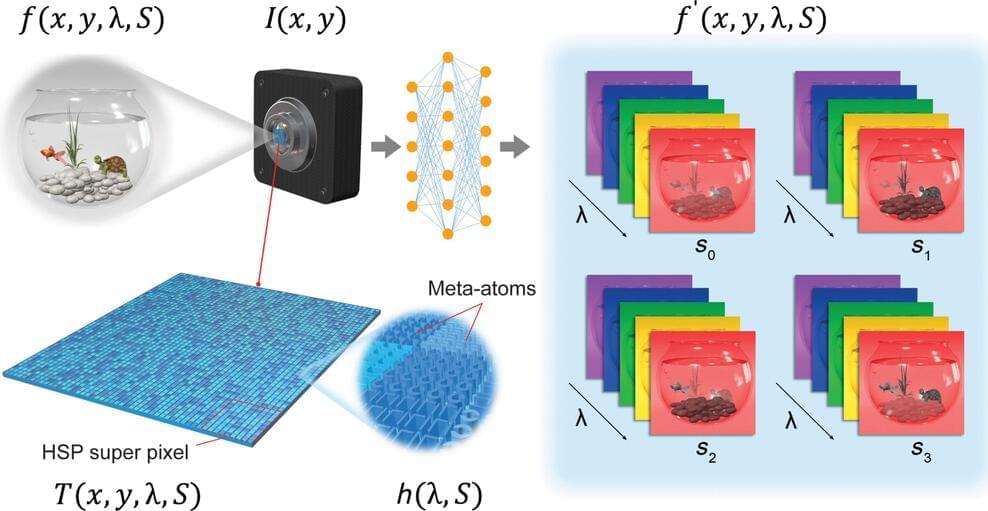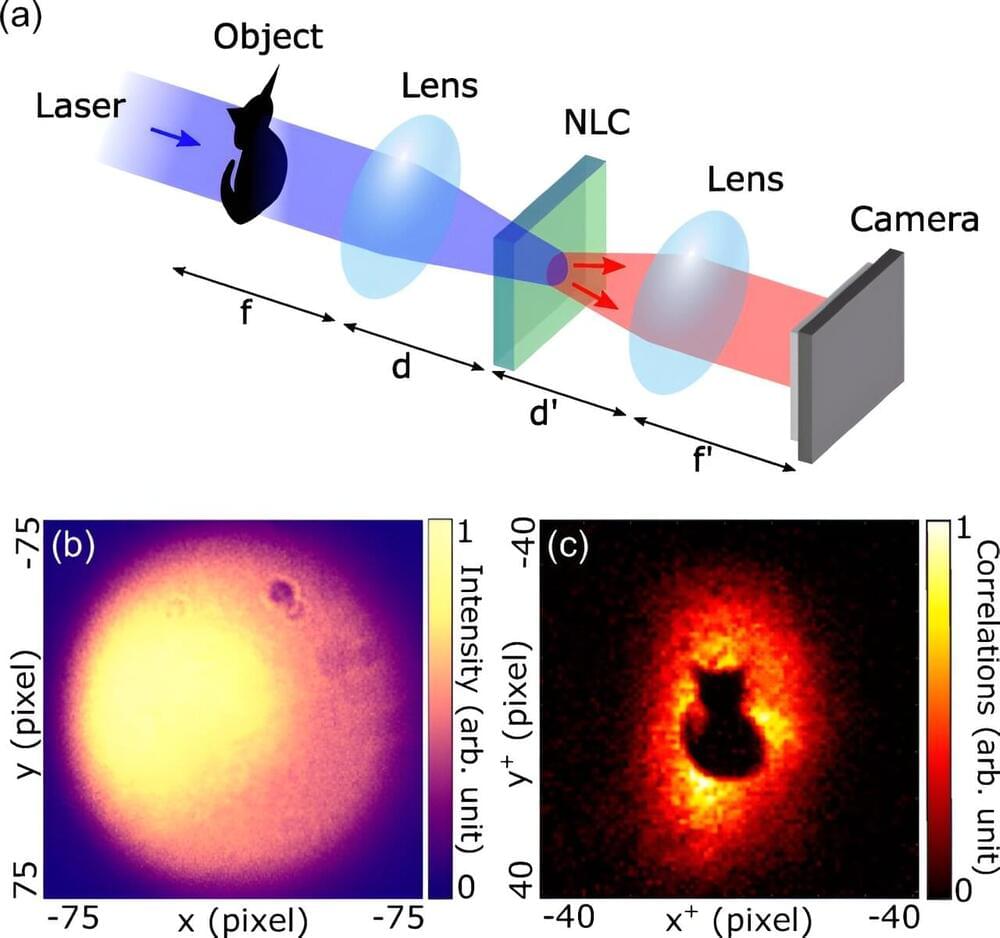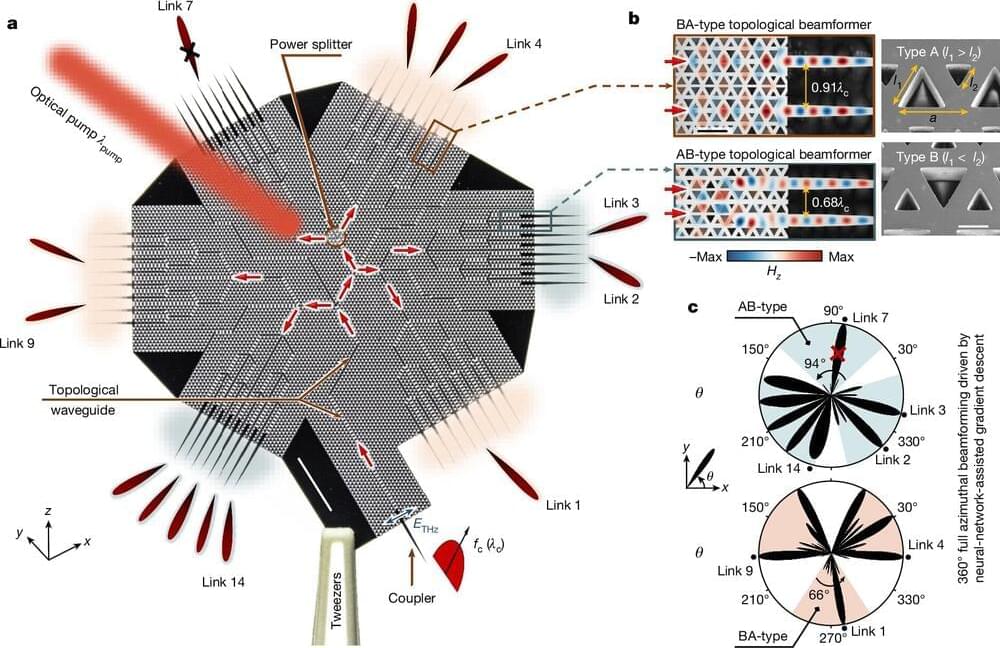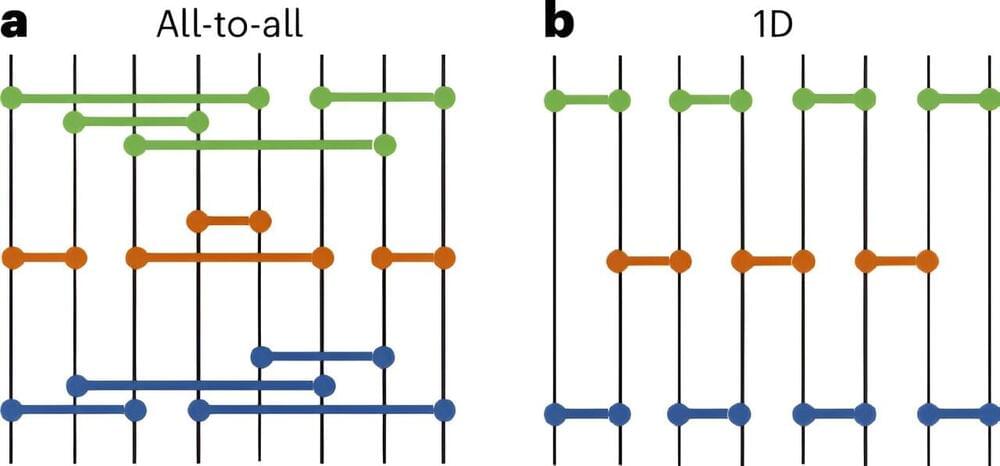COPENHAGEN, Denmark — In the never-ending quest to unlock the secrets of a long and healthy life, researchers at the University of Copenhagen have made a remarkable discovery. Their study has identified a specific gene that plays a crucial role in extending longevity across various species, including humans.
Publishing their work in the journal Cell Reports, researchers say the gene in question is called OSER1, and it encodes a protein that the team has dubbed a “novel pro-longevity factor.”
“We identified this protein that can extend longevity. It is a novel pro-longevity factor, and it is a protein that exists in various animals, such as fruit flies, nematodes, silkworms, and in humans,” says Professor Lene Juel Rasmussen, the senior author behind the study, in a media release.

